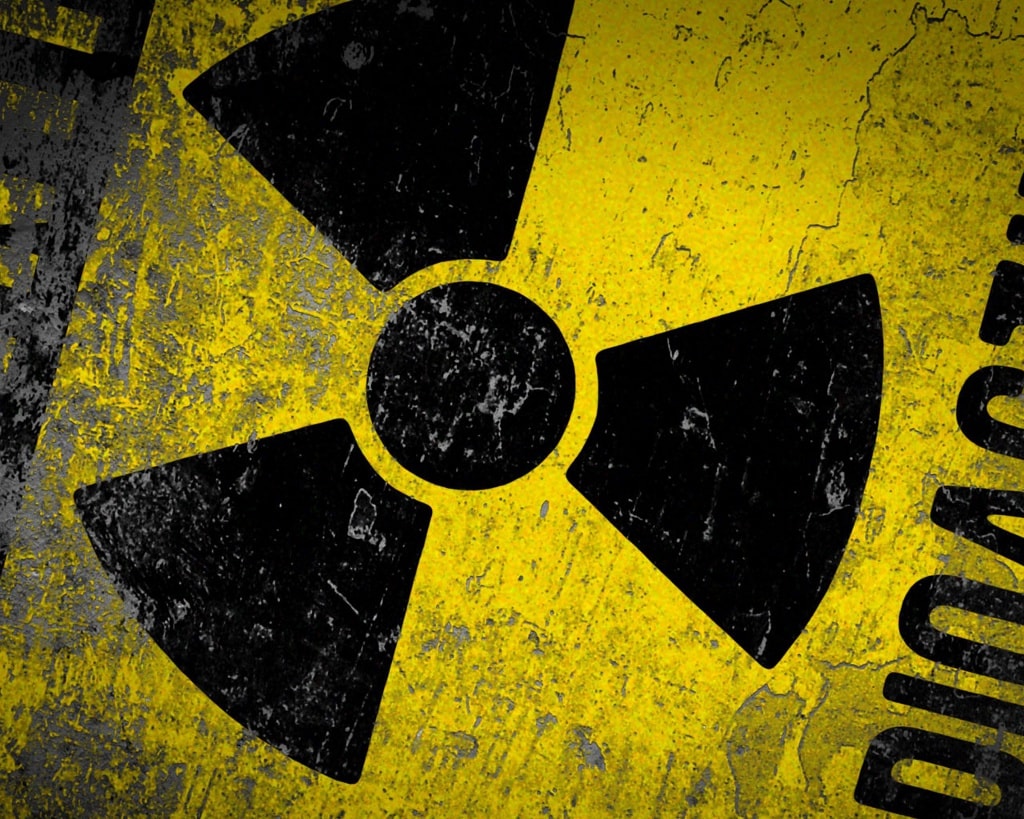Soon after the March 11 tsunami crippled important parts of Japan, the automotive industry was struck by a disastrous parts shortage. With more production freezes than production days on the calendar since then, Japanese automakers are now facing customer fear caused by possible radiation affecting the cars that are shipped from Japan elsewhere.
News of a shipment of Japanese “radioactive” cars being discovered in Russia this week prompted the Japanese government to react and announce measures that are meant to stave off fears that along with a cool ride, customers outside Japan might purchase a few deadly particles.
Specifically, Japan announced on Tuesday that it would begin monitoring the radiation levels on the cars that are headed across the seas. The operation has been announced by the Japan Automobile Manufacturers Association (JAMA) and is endorsed by all the relevant car makers that sell their vehicles globally.
"JAMA is fully confident in the safety of all motor vehicles manufactured in Japan. At the same time, it is aware of the need for consumers everywhere to be assured of such safety," Toshiyuki Shiga, chairman of the association, said in a statement.
Being the biggest auto exporter in the country, and at the same time a company on which detractors have focused their fire for various reasons over the past two years, Toyota announced virtually at the same time with JAMA similar measures. Additionally, the car maker also reached a conclusion or two, following the verifications it has already done.
"Toyota Motor Corporation - for the safety and peace of mind of its customers and other concerned parties - has started measuring the radiation levels of its export vehicles, parts for overseas assembly and service parts," said Toyota.
"As a result, it has found that such radiation levels are no different than that of the surrounding air, meaning there is no danger to human health."
According to JAMA, the testing will be conducted by “an external authority specializing in the field” on various designated areas of the surface of vehicles. The tests conducted so far “fall within the range designated by the Nuclear Safety Commission of Japan as being unthreatening to human health."
News of a shipment of Japanese “radioactive” cars being discovered in Russia this week prompted the Japanese government to react and announce measures that are meant to stave off fears that along with a cool ride, customers outside Japan might purchase a few deadly particles.
Specifically, Japan announced on Tuesday that it would begin monitoring the radiation levels on the cars that are headed across the seas. The operation has been announced by the Japan Automobile Manufacturers Association (JAMA) and is endorsed by all the relevant car makers that sell their vehicles globally.
"JAMA is fully confident in the safety of all motor vehicles manufactured in Japan. At the same time, it is aware of the need for consumers everywhere to be assured of such safety," Toshiyuki Shiga, chairman of the association, said in a statement.
Being the biggest auto exporter in the country, and at the same time a company on which detractors have focused their fire for various reasons over the past two years, Toyota announced virtually at the same time with JAMA similar measures. Additionally, the car maker also reached a conclusion or two, following the verifications it has already done.
"Toyota Motor Corporation - for the safety and peace of mind of its customers and other concerned parties - has started measuring the radiation levels of its export vehicles, parts for overseas assembly and service parts," said Toyota.
"As a result, it has found that such radiation levels are no different than that of the surrounding air, meaning there is no danger to human health."
According to JAMA, the testing will be conducted by “an external authority specializing in the field” on various designated areas of the surface of vehicles. The tests conducted so far “fall within the range designated by the Nuclear Safety Commission of Japan as being unthreatening to human health."

